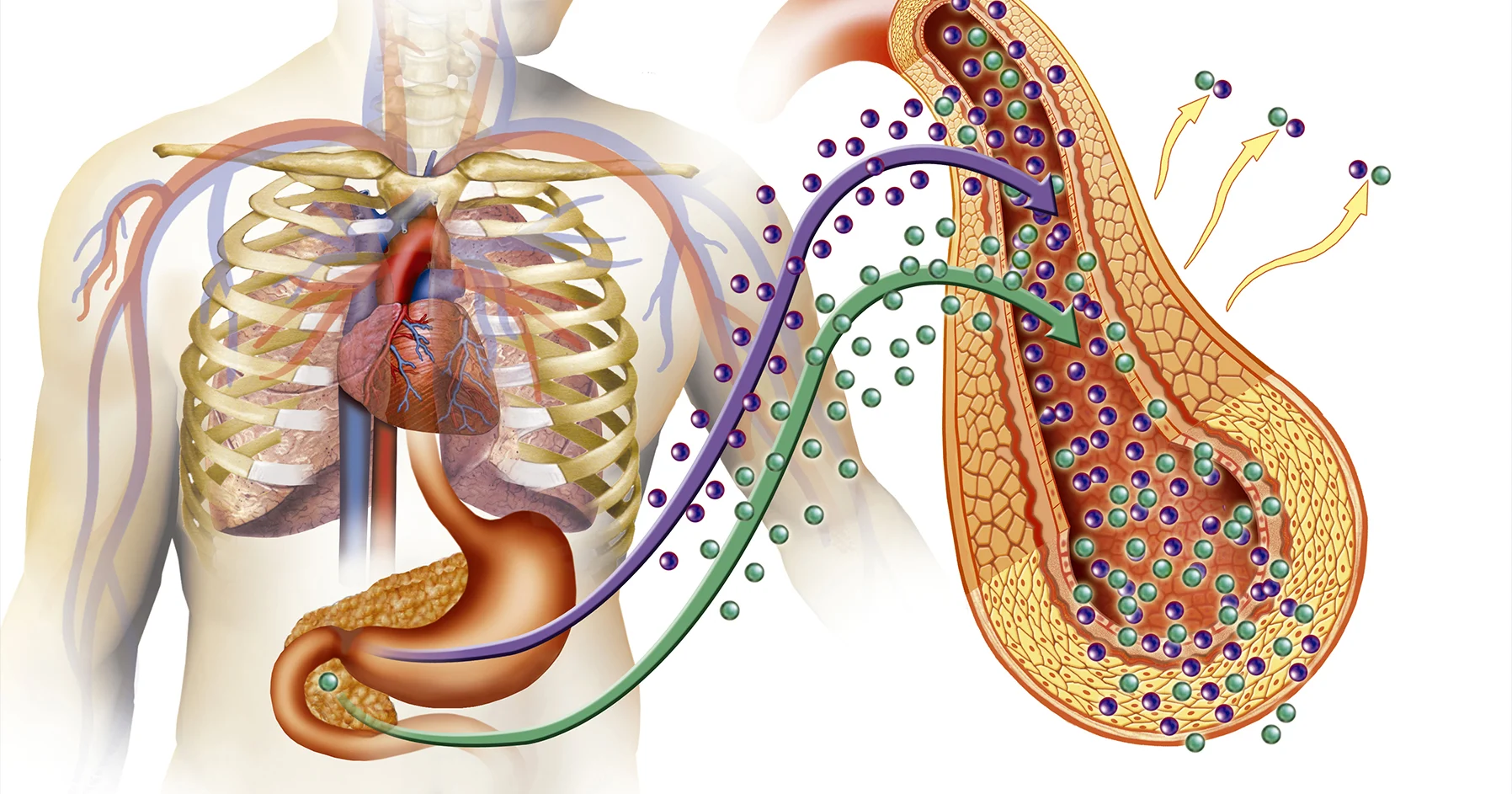
Blood sugar doesn’t just rise—it lingers. The damage begins before symptoms ever speak. Veins thicken. Cells slow. Healing drags behind everything else. And the body keeps moving like nothing’s wrong.
The eyes might blur. Feet might tingle. Wounds may take longer. But nothing screams. Not yet. The sugar lives between the lines. Between meals. Between years.
You keep working. Walking. Eating. But something’s different. The body holds tension longer. Rest doesn’t repair like before. It’s a slow, invisible shift.
It becomes harder to feel warmth, or cold, or pain
The nerves start noticing last. They whisper, not scream. It becomes harder to feel warmth, or cold, or pain. The feet go numb slowly. Toes forget the ground.
That’s how diabetic neuropathy enters. Quietly. Burning one day. Then nothing the next. Balance gets harder. Reflexes lag. Shoes don’t fit the same.
Even socks feel foreign. You check for cuts more often. Sometimes they’re there. Sometimes not. But doubt grows. And so does silence in the limbs.
The kidneys don’t shout, they filter less
Waste builds. Not loudly. Just gradually. The kidneys don’t shout, they filter less. That’s how nephropathy begins. Protein slips into urine. Swelling follows later.
Fatigue creeps in. Blood pressure climbs. But the symptoms hide behind ordinary days. You hydrate. But the body doesn’t respond the same.
Soon, ankles swell. Eyes puff. Mornings feel heavy. And still, the kidneys keep working. Until they don’t. Until labs reveal what mornings already whispered.
The heart forgets how to pace itself
With time, vessels stiffen. The rhythm changes. The heart forgets how to pace itself. Arteries narrow, quietly. Blood moves with more resistance.
You breathe heavier on stairs. Cold feels deeper. There’s a flutter at night, then nothing. Cholesterol isn’t the only issue. Glucose plays a part. Always.
The heart doesn’t break. It adjusts. Until it can’t. Then it pauses. Skips. Or clenches. And you wonder how long it’s been preparing to do that.
Vision doesn’t fade all at once—it pixelates
The eyes respond last. But when they do, it’s not dramatic. Vision doesn’t fade all at once—it pixelates. Words blur. Light scatters. Colors dull.
That’s diabetic retinopathy. Tiny vessels in the retina bleed, then scar. Slowly. Not all at once. Some days are fine. Others, shadows float across the lens.
Screens become tiring. Headlights dazzle too much. Glasses don’t help. You blink harder. But the picture doesn’t come back fully. Not like before.
The liver stores more than sugar—it stores memory
Glucose floods the liver. It adapts, for a while. But it stores more than sugar—it stores memory. Fat builds. Slowly. Insulin stops working there.
That’s how non-alcoholic fatty liver sneaks in. Without a drink. Just glucose, day after day. The liver works. But it grows tired. Inflamed. Stiff.
You don’t feel it. Maybe bloating. Maybe heartburn. Maybe nothing. Until labs catch up. Or fatigue spreads. Or the skin dulls. And the liver struggles, quietly.
The stomach’s timing gets lost somewhere between bites
Digestion slows. Meals linger longer. The stomach’s timing gets lost somewhere between bites. That’s gastroparesis. The muscles don’t contract like before.
You feel full too fast. Or too late. Food doesn’t move on. It sits. Causes bloating, nausea. Sometimes pain. Sometimes just discomfort. But always unpredictability.
Meals become math. Not pleasure. You learn what sits too long. What leaves fast. But still, the body surprises you. With waves of slow and sudden.
Skin bruises easier and heals slower, especially in strange places
The skin doesn’t escape. It dries. Thins. Cracks. Skin bruises easier and heals slower, especially in strange places. The hands chap fast. The feet split quietly.
Fungus finds soft spots. Infections grow quicker. Itching lingers. Rash appears without reason. Moisturizers help. But only briefly. The root is deeper.
Cuts that once healed in days, now need weeks. You stop ignoring mosquito bites. You watch your heels more. Your elbows too. Skin begins to ask for attention.
The immune system responds, but slower, duller, with hesitation
Infections last longer. Fevers come late. The immune system responds, but slower, duller, with hesitation. That’s the quiet toll of chronic sugar elevation.
Colds hang around. Scratches get red. Dental health declines. Gums bleed easier. Teeth feel looser. And antibiotics take longer to work.
You stop brushing hard. You rinse more often. Still, plaque builds. And the body watches silently. Until it doesn’t. Until inflammation becomes something deeper.
Fatigue isn’t from doing too much—it’s from constantly fighting imbalance
Some days, it’s just exhaustion. Not from effort. Not from sleep loss. Fatigue isn’t from doing too much—it’s from constantly fighting imbalance.
You wake up tired. Nap but don’t recover. The body pulls from reserves that no longer exist. Blood sugar swings amplify it all. Up. Down. Never level.
And still, life asks you to perform. Smile. Drive. Work. You do. But behind your eyes, the body is buffering. Always catching up. Always one step behind.
